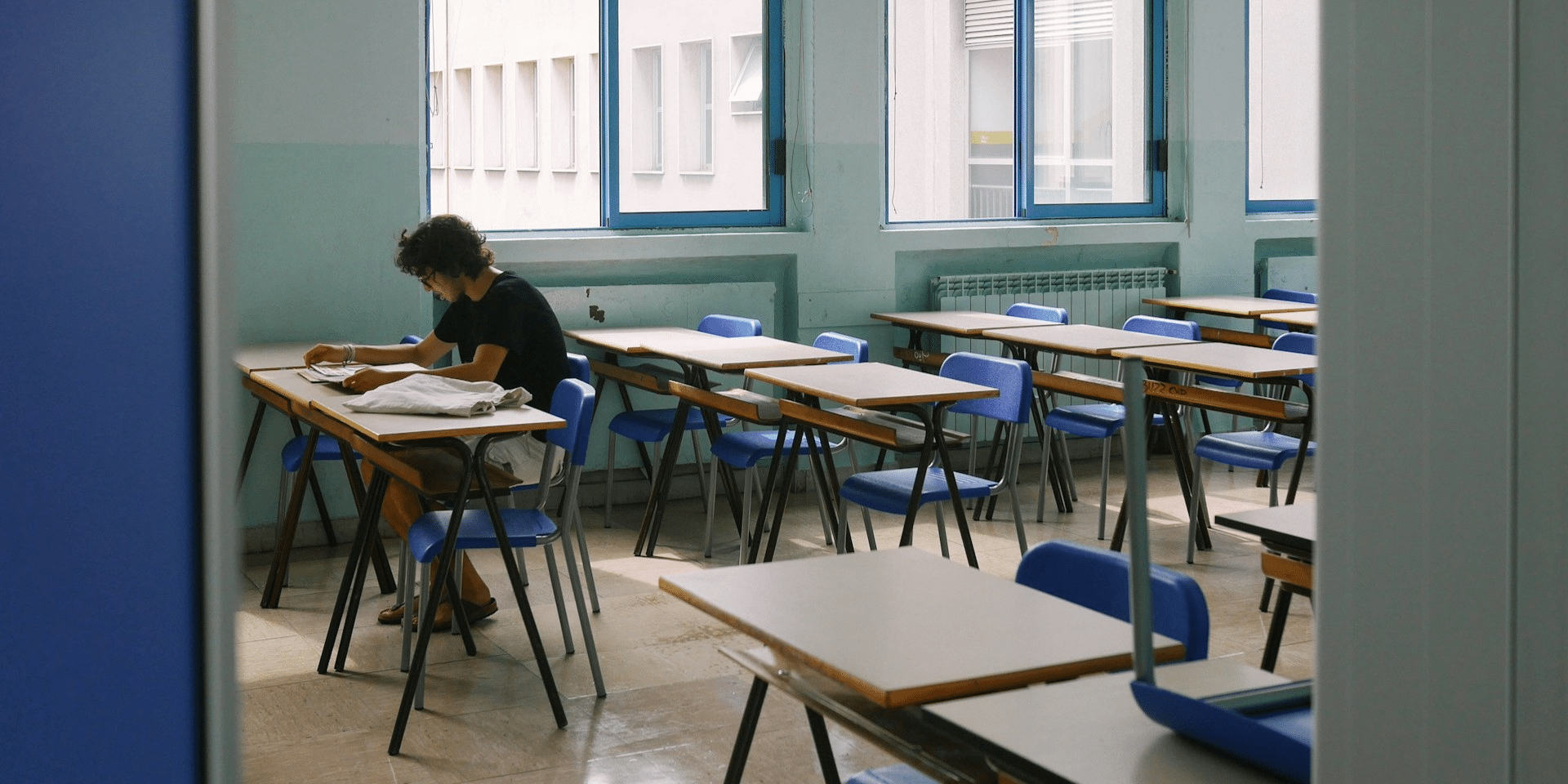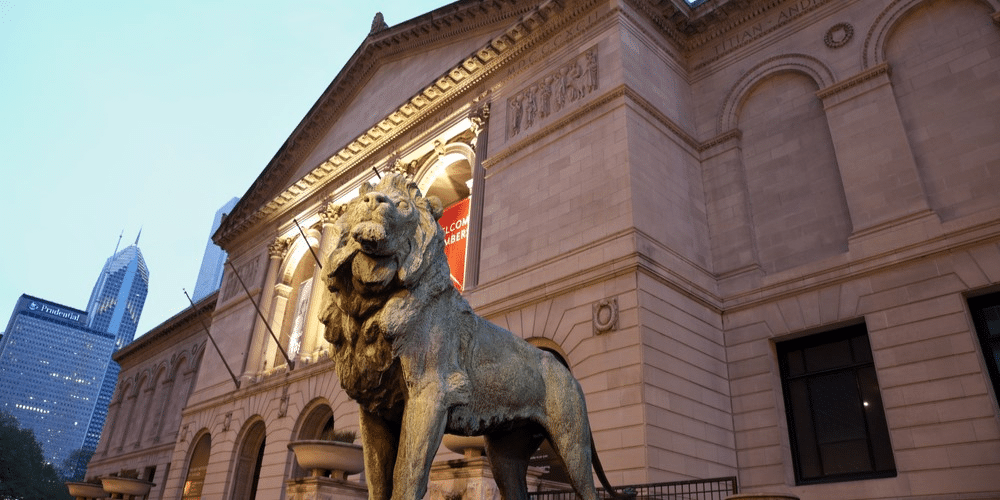The Chicago rap scene has undergone significant transformation in the 2020s, reflecting broader changes in music, culture, and society. Known for its influential contributions to hip-hop, Chicago has produced a new wave of artists and trends that have reshaped the genre. This article explores how the Chicago rap scene has evolved over the past decade, highlighting key artists, styles, and cultural shifts.
The Rise of New Artists
Drill music, a subgenre of rap characterized by its gritty lyrics and aggressive beats, continued to dominate the Chicago rap scene in the early 2020s. Originating in the South Side of Chicago, drill music was popularized by artists like Chief Keef and Lil Durk in the previous decade. In the 2020s, younger artists such as Polo G, King Von, and Lil Zay Osama brought new energy to the genre, maintaining its raw and authentic appeal.
While drill music remained influential, the Chicago rap scene also saw a diversification of styles. Artists like Chance the Rapper and Saba introduced a more introspective and soulful approach to hip-hop, blending elements of gospel, jazz, and spoken word. This variety in musical expression allowed the Chicago rap scene to appeal to a broader audience and gain critical acclaim.
Technological Influence
The proliferation of digital platforms like YouTube, SoundCloud, and TikTok played a crucial role in the evolution of the Chicago rap scene. These platforms provided emerging artists with the tools to distribute their music independently, reach global audiences, and build their fanbases without relying on traditional record labels. This democratization of music distribution fostered creativity and innovation among Chicago rappers.
Social media became a powerful tool for Chicago rappers to connect with their fans, promote their music, and share their stories. Platforms like Instagram and Twitter allowed artists to engage directly with their audience, creating a sense of community and loyalty. This direct interaction also helped artists to gain visibility and grow their influence in the music industry.
Cultural and Social Impact
The 2020s were marked by significant social and political movements, and Chicago rappers used their platforms to address issues such as systemic racism, police brutality, and economic inequality. Artists like G Herbo and Noname used their music to highlight the struggles faced by marginalized communities and to advocate for social justice. This socially conscious approach resonated with listeners and positioned Chicago rap as a voice for change.
Many Chicago rappers took an active role in their communities, using their success to give back and inspire the next generation. Initiatives like Chance the Rapper’s SocialWorks organization focused on youth empowerment, education, and mental health support. These efforts helped to strengthen the bond between artists and their local communities, fostering a positive and supportive environment for upcoming talent.
Industry Recognition
The 2020s saw Chicago rappers receiving increased recognition in the music industry. Artists like Chance the Rapper and Lil Durk achieved significant commercial success and earned prestigious awards, including Grammy nominations. This recognition not only highlighted the talent within the Chicago rap scene but also validated its influence on a global scale.
Collaborations with mainstream artists and producers further elevated the profile of Chicago rappers. Working with renowned figures in the music industry allowed Chicago artists to expand their reach and showcase their versatility. These collaborations often resulted in innovative and genre-blending tracks that pushed the boundaries of hip-hop.
The Future of Chicago Rap
The Chicago rap scene is poised for continued innovation as new artists emerge and established ones evolve their sound. The city’s rich musical heritage and diverse influences will likely inspire future generations of rappers to experiment with new styles and themes.
As digital platforms and social media continue to bridge geographical gaps, the global influence of Chicago rap is expected to grow. Chicago artists will have more opportunities to collaborate with international musicians, bringing their unique perspectives to a worldwide audience and further cementing the city’s status as a hip-hop powerhouse.
The Chicago rap scene has experienced profound changes in the 2020s, marked by the rise of new artists, technological advancements, and a deepening commitment to social and community issues. This evolution has not only enriched the genre but also reinforced Chicago’s position as a pivotal force in the world of hip-hop. As the scene continues to innovate and inspire, its impact will undoubtedly resonate for years to come.







